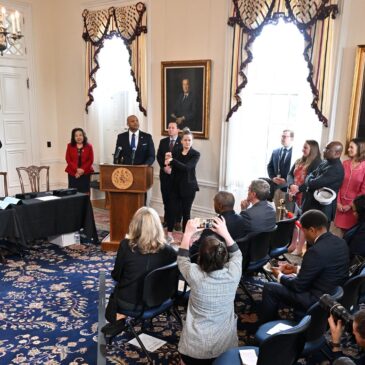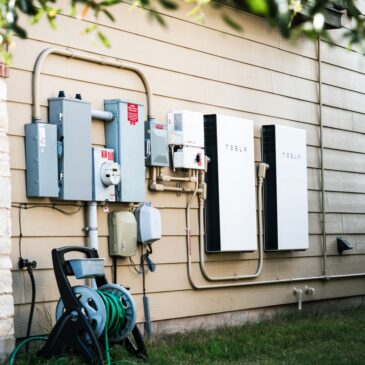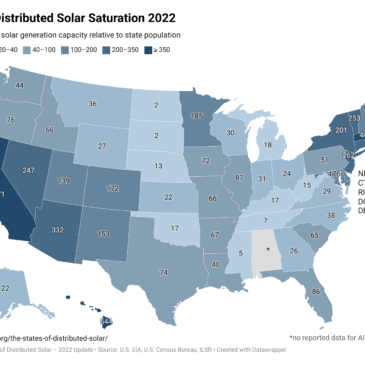Community Power Wins and Losses in 2023
The decisions of state legislatures have big consequences for how communities drive clean energy access and hold utilities accountable. This post breaks down how the policies that states passed last year impacted ILSR’s 2024 Community Power Scorecard.… Read More







